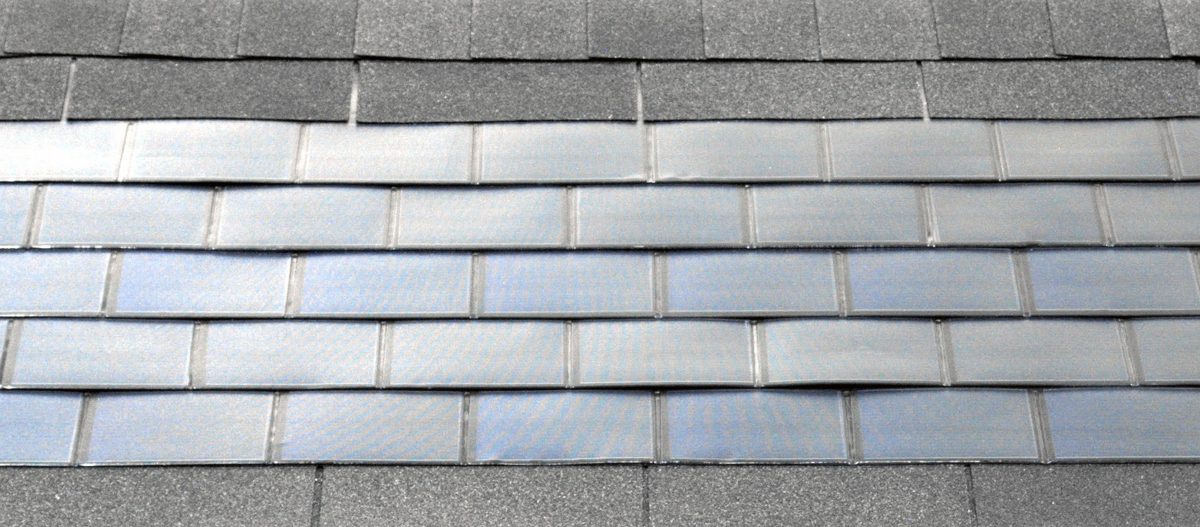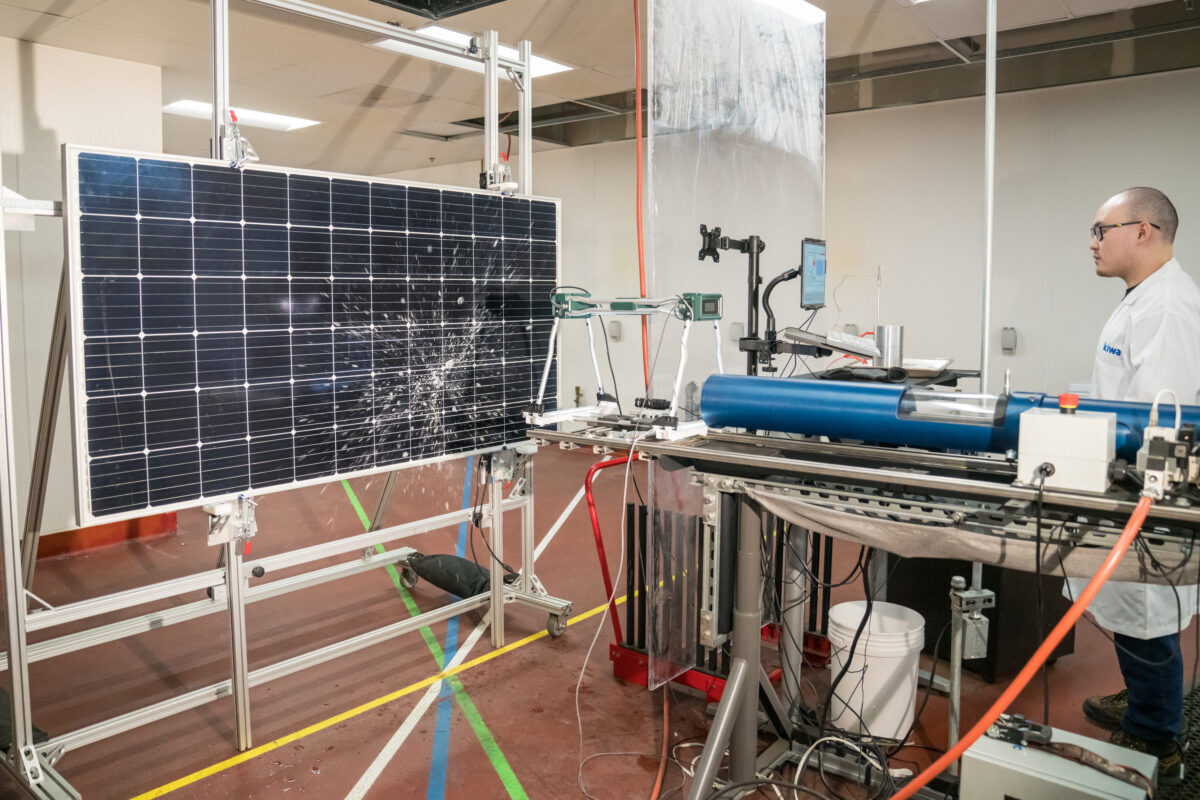From pv magazine Germany
TÜV Rheinland has developed new testing guidelines for the certification of BIPV modules.
The German certification body said the new testing guidelines will bring greater transparency to the BIPV market. It said it hopes that it will pave the way for manufacturers to get their systems approved by building authorities.
When certifying according to the guidelines, experts from TÜV Rheinland examine the properties of the BIPV panels that are relevant to building requirements and electrotechnical specifications. They consider European Construction Product Regulation CPR 305/2011, which harmonizes the rules for the marketing of construction products in the EU. They also take Low Voltage Directive 2014/35/EU into account, as it ensures that electrical equipment within certain voltage limits provides a high level of protection for European citizens. In addition, they look at CENELEC standards, which satisfy industry and legislative requirements for electric and electronic goods sold in Europe.
“The new TÜV Rheinland certification offers a solution for subjecting building-integrated photovoltaic modules to an independent and standardized testing and quality assurance process before they are sold,” said Lukas Jakisch, head of the solar department at TÜV Rheinland.
Reaching consensus on BIPV and what makes it different from conventional rooftop PV tech is one of the challenges that the emerging industry has to deal with if it wants to move from niche to mainstream. IEA-PVPS recently published a report to assemble developments from different parts of the world into a clear set of standards. They clearly defined functions for different products, in terms of their roles as construction materials and energy generators. At system level, the report notes three main types of BIPV systems: roof, facade, and external integrated devices.
*The article was updated on Nov. 15 to reflect that TÜV Rheinland has developed guidelines for new testing, and not standards as we previously reported.
This content is protected by copyright and may not be reused. If you want to cooperate with us and would like to reuse some of our content, please contact: editors@pv-magazine.com.



By submitting this form you agree to pv magazine using your data for the purposes of publishing your comment.
Your personal data will only be disclosed or otherwise transmitted to third parties for the purposes of spam filtering or if this is necessary for technical maintenance of the website. Any other transfer to third parties will not take place unless this is justified on the basis of applicable data protection regulations or if pv magazine is legally obliged to do so.
You may revoke this consent at any time with effect for the future, in which case your personal data will be deleted immediately. Otherwise, your data will be deleted if pv magazine has processed your request or the purpose of data storage is fulfilled.
Further information on data privacy can be found in our Data Protection Policy.